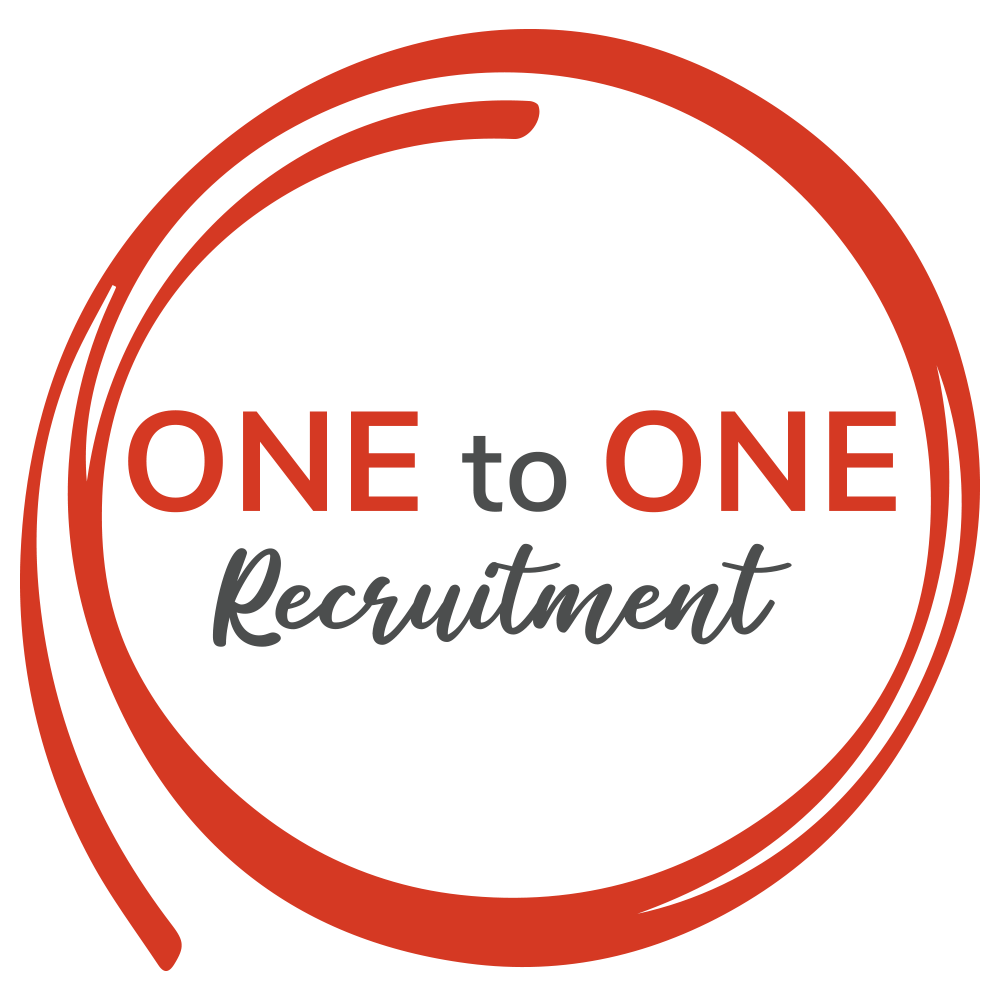Hiring an effective leader is a pivotal decision for any organisation. During the interview stage, it's essential to go beyond the surface and uncover the qualities that make someone a great leader. More importantly, what it takes for someone to be a great leader in your organisation. Here are a few areas to consider when preparing the right questions during your interview process.
Behavioural Questions
One of the most reliable ways to gauge leadership skills is by asking behavioural questions. These questions are designed to elicit specific examples from a candidate's past experiences. For instance: "Can you describe a challenging situation you faced as a leader and how you handled it?" "Tell me about a time you had to motivate a team to achieve a challenging goal. What strategies did you use?" Effective leaders should be able to provide concrete examples of their leadership in action, showcasing their problem-solving abilities and their approach to motivating and guiding a team.
Situational Questions
Situational questions present hypothetical scenarios and require candidates to explain how they would handle them. These questions can reveal a candidate's decision-making process, problem-solving skills, and leadership style. For example: "You're leading a team project, and a critical team member resigns just before a tight deadline. What steps would you take to ensure the project's success?" "Imagine you need to implement a new strategy that's met with resistance from your team. How would you navigate this challenge?" Situational questions can help you assess a candidate's ability to think on their feet and make sound leadership decisions in unfamiliar or complex situations.
Values and Vision
Effective leaders often have a strong sense of values and a clear vision for their teams or organisations. To assess this, consider questions that explore a candidate's leadership philosophy and their commitment to a shared vision. For example: "What values do you believe are essential for a successful team, and how do you ensure your team embodies these values?" "Can you describe a time when you successfully led your team towards a common goal by aligning everyone with a shared vision?" These questions help you gain insight into a candidate's ability to inspire and lead by example, fostering a sense of purpose among their team members.
Conflict Resolution
Conflict is a natural part of any workplace, and effective leaders must be skilled at resolving it. Ask questions that probe a candidate's conflict resolution abilities, such as: "Tell me about a time when you had to mediate a conflict within your team. How did you approach it, and what was the outcome?" "How do you handle disagreements or differences of opinion within your team, and how do you ensure they don't negatively impact productivity?" A candidate's response to conflict resolution questions can reveal their emotional intelligence and their capacity to maintain a harmonious and productive work environment.
Self-Development and Feedback
Effective leaders are often dedicated to continuous self-improvement. Questions about a candidate's commitment to self-development can provide valuable insights. Consider asking: "What steps do you take to stay updated with the latest leadership trends and practices?" "Can you share an instance where you received constructive feedback about your leadership style and how you implemented changes?" Leaders who actively seek self-improvement are likely to adapt and grow, making them strong contenders for leadership roles.
Team Empowerment and Delegation
Leadership is not about micromanaging but empowering and delegating effectively. To assess a candidate's ability in this regard, ask questions like: "How do you empower your team members to take ownership of their work and make decisions?" "Describe a project where you successfully delegated tasks among your team. What was the result?" A candidate's responses to these questions can reveal their trust in their team and their capacity to foster a sense of ownership and accountability among their colleagues.
Identifying effective leadership at the interview stage requires thoughtful questioning which in turn will help you gain a deeper understanding of a candidate's suitability for your team and the role you want them to play.
If you are looking to hire your next leader and would like any support in doing so, please do give Lesley a call on 07496 621630.
